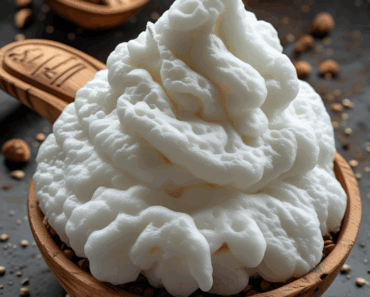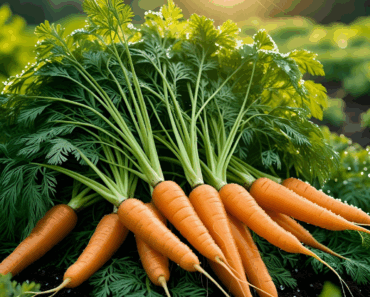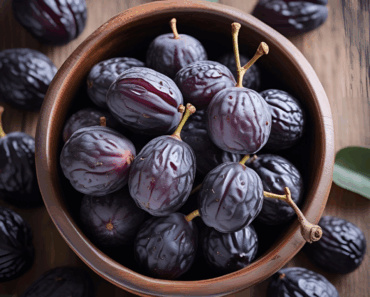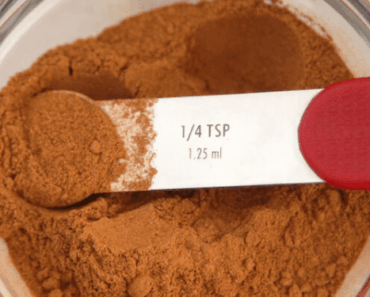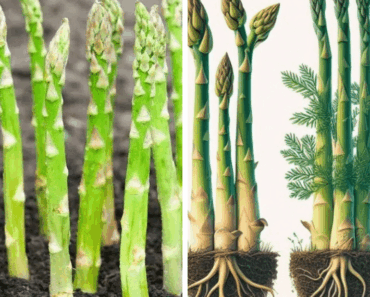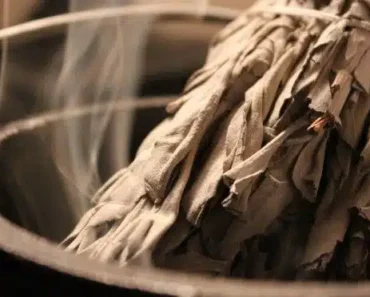Aphids, also known as “plant lice,” are tiny insects that suck the sap from plants, weakening them and leaving them vulnerable to diseases.
They multiply rapidly, causing leaves to yellow, curl, or drop, and can infest a wide range of garden plants, including roses, tomatoes, and herbs.
While chemical pesticides can eliminate aphids, they can also harm beneficial insects and pollute the environment.
Fortunately, there are effective natural solutions that can help you get rid of aphids safely and quickly.
In this article, we’ll explore some tried-and-tested natural remedies to banish aphids from your garden for good.
Signs of Aphid Infestation
Before we dive into solutions, it’s essential to know what to look for. Identifying aphid infestations early can prevent serious damage to your plants.
Common Symptoms:
- Curled or distorted leaves
- Yellowing leaves
- Sticky residue (honeydew) on leaves and stems, which can attract ants or cause sooty mold
- Clusters of tiny green, black, brown, or white insects on leaves and stems
- Stunted plant growth or wilting
Once you spot aphids, it’s time to act quickly. Below are some of the most effective natural methods to make aphids disappear in no time.
1. Blast Them Off with Water
Sometimes, all you need is a strong spray of water to dislodge aphids from your plants. Aphids have soft bodies, making it difficult for them to climb back once they’re knocked off.
How to Use:
- Use a garden hose with a spray nozzle.
- Direct a stream of water at the undersides of leaves, where aphids tend to hide.
- Repeat every few days to prevent re-infestation.
Best For: Delicate plants and herbs that tolerate water spraying.
2. Soapy Water Spray
Soapy water is one of the most popular natural solutions for eliminating aphids. The soap coats the aphids, suffocating them and disrupting their ability to cling to leaves.
How to Make a Soap Spray:
- Mix 1 tablespoon of liquid dish soap with 1 quart of water.
- Pour the solution into a spray bottle.
- Spray directly on aphids and the affected areas of your plants.
Pro Tip: Use mild, biodegradable soap to avoid harming plants. Repeat every few days until the aphids are gone.
3. Neem Oil Spray
Neem oil is a powerful natural pesticide that works by disrupting the aphid’s life cycle, preventing them from feeding and reproducing.
How to Use Neem Oil:
- Mix 2 teaspoons of neem oil with 1 quart of water and a few drops of liquid soap to help the mixture adhere to leaves.
- Spray the solution on infested plants, focusing on the undersides of leaves.
Best For: Vegetables, flowers, and houseplants. Use every 5-7 days until the infestation is gone.
4. Attract Beneficial Insects
Encourage natural predators like ladybugs, lacewings, and parasitic wasps to take care of the aphid problem for you. These insects feed on aphids and keep their population under control.
How to Attract Beneficial Insects:
- Plant flowers such as marigolds, dill, yarrow, and alyssum to attract ladybugs and lacewings.
- Provide a small water source to encourage their presence.
- Alternatively, purchase live ladybugs online and release them into your garden.
5. Introduce Companion Plants
Some plants naturally repel aphids, keeping them away from your prized crops. Companion planting is an effective way to deter aphids without chemicals.
Aphid-Repelling Plants to Try:
- Marigolds: Emit a strong scent that keeps aphids at bay.
- Garlic and Chives: Their strong smell repels aphids.
- Mint: Can help keep aphids away, though it’s best grown in containers to prevent spreading.
How to Use: Plant these companion plants alongside your tomatoes, roses, and vegetables to protect them from aphids.
6. Make a Garlic Spray
Garlic contains sulfur compounds that are toxic to aphids and other garden pests. Making a garlic spray is an easy and effective way to get rid of aphids.
How to Make Garlic Spray:
- Crush 2-3 garlic cloves and boil them in 2 cups of water.
- Let the mixture cool, then strain it into a spray bottle.
- Spray the affected plants every few days.
7. Use Essential Oils
Essential oils like peppermint, clove, and rosemary are natural insect repellents. They not only deter aphids but also leave your garden smelling fresh.
How to Use Essential Oils:
- Mix 10-15 drops of essential oil (peppermint, clove, or rosemary) with 1 quart of water and a few drops of soap.
- Spray on plants every few days until the aphids are gone.
8. Sprinkle Diatomaceous Earth
Diatomaceous earth (DE) is a natural powder made from fossilized algae. It kills aphids by dehydrating them, making it a potent weapon in pest control.
How to Use:
- Dust a fine layer of food-grade DE on plants, focusing on leaves and stems.
- Reapply after rain or heavy watering.
Best For: Fruit trees, shrubs, and garden plants.
9. Prune Infested Areas
If the infestation is limited to a few areas, simply pruning the affected parts can stop the aphids from spreading.
How to Do It:
- Cut off the heavily infested leaves, stems, or branches.
- Dispose of the pruned material away from your garden.
Pro Tip: Pruning also improves airflow, reducing the chance of future infestations.
10. Try a Vinegar Spray
Vinegar disrupts the aphid’s delicate body, making it another effective home remedy. However, vinegar can be harsh on plants, so use it sparingly.
How to Make a Vinegar Spray:
- Mix 1 part vinegar with 3 parts water and a few drops of soap.
- Spray directly on aphids but avoid spraying sensitive plants.
Dealing with aphids doesn’t have to mean resorting to chemical pesticides. These natural solutions are just as effective and safe for your plants, beneficial insects, and the environment.


